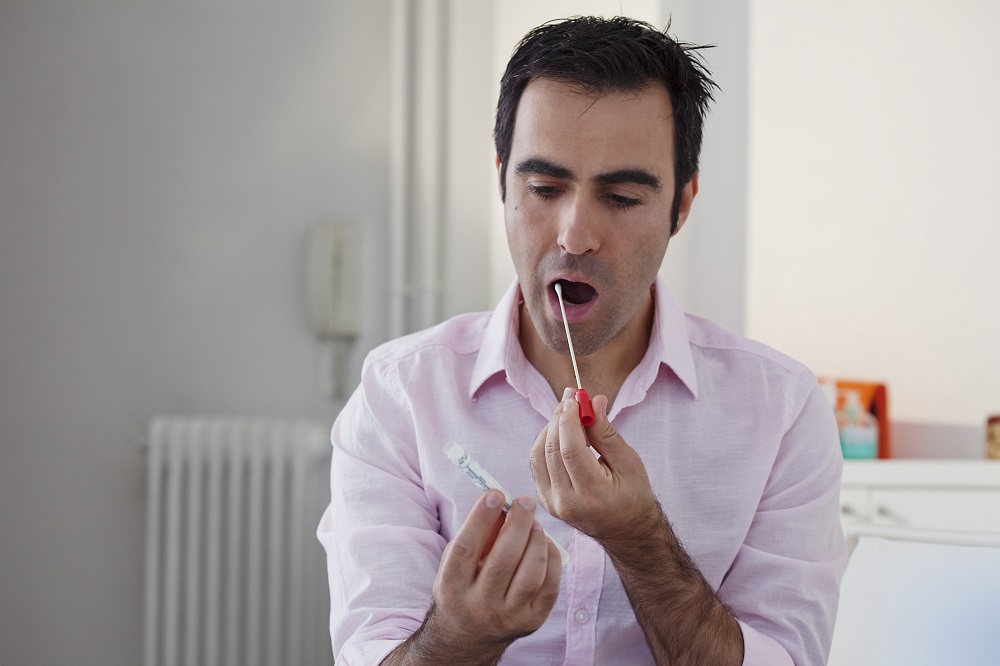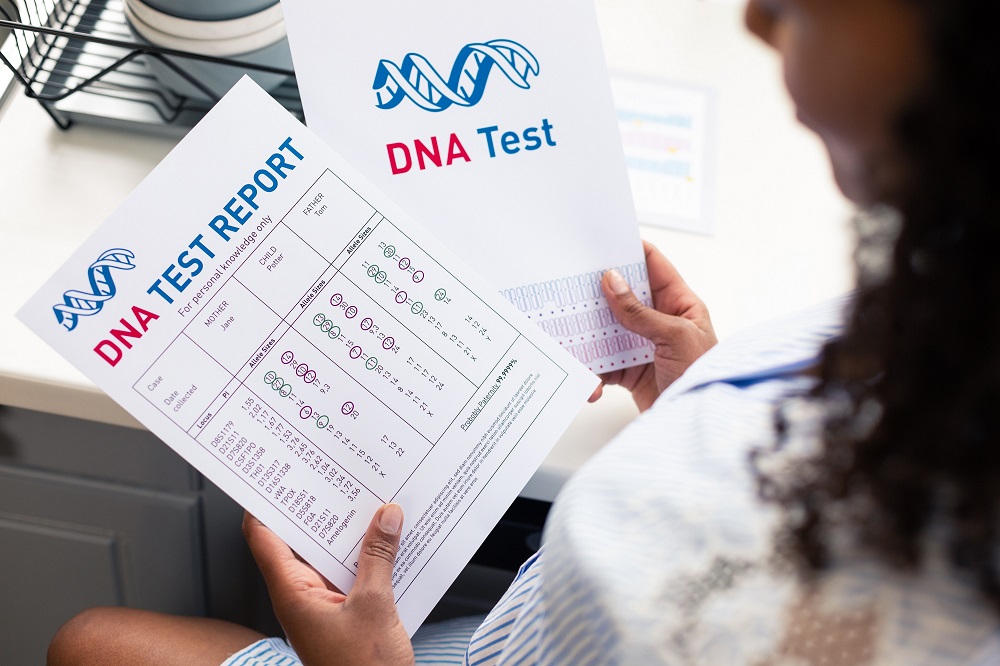All You Need to Know about Home DNA Testing

It wasn’t long ago that the scope of DNA testing was limited, and its use was reserved for legal cases and forensic investigations, mostly due to its cost and complexity. In its early days, DNA testing also involved drawing a blood sample. However, the field of DNA testing has progressed rapidly and is now commonly used simply for information purposes in addition to its more traditional legal and scientific uses. DNA testing has become so commonplace that accurate testing can be accomplished through home DNA tests, providing the public with an excellent means for investigating or establishing ancestry.
Though DNA testing is more prevalent than ever, it’s still shrouded in mystery for many. Fortunately, there’s information readily available to help you understand what DNA testing is, how it’s accomplished, and how it can be used. Home DNA testing in Jackson, MS, is simple, accurate, affordable, and efficient. Keep reading to learn a few things you need to know about home DNA testing.
What Is DNA Testing?
Simply put, DNA testing involves the collection of sample cells from the subjects to be tested. DNA, or deoxyribonucleic acid, is the part of the chromosomes that’s found in every cell and carries the genetic information for every living thing. DNA is unique to the individual, but because relatives have common DNA sequences, family relationships can be established through the testing and examination of DNA from the subjects.
What Is a Home Test?
Home DNA testing uses the same laboratory technology to establish common genetic information that can indicate familial relationships. The primary difference is that, instead of being collected in a lab, the genetic specimen is collected using a kit by the subject to be tested. Once the specimen is collected, it’s mailed or otherwise transported to a genetic laboratory where the testing occurs.
How Long Does It Take?
The actual collection portion of the home DNA testing process is quick and simple. The only time committed to the test is the time it takes to collect the specimen and mail it off. The time between collection and receipt of the results can vary, however. In some cases, the turnaround time can be as short as a few days. However, because DNA testing is a complex laboratory procedure, it can take up to 8 weeks for some subjects to receive their results.
How Do You Prepare for a Home DNA Test?
Preparation is simple, since there’s not a lot for the subject to do aside from collecting the sample. You must either purchase or order the kit online in advance of your collection. You should avoid eating immediately before the DNA collection because food particles in the mouth can cause your DNA sample to be corrupted before it can be tested. Remember to follow the instructions exactly as they’re written on your home DNA testing kit materials.
What Can Home DNA Testing Prove?
With good sample collection, most home DNA tests can accurately establish familial relationships, whether that data is needed for legal or informational purposes. Home DNA testing can prove paternity for either legal or nonlegal purposes. It can also prove whether two people share two parents, one parent, or no parents. Testing can also establish grandparent relationships, aunt and uncle relationships, and first cousin relationships. A twin zygosity test can indicate whether twins are fraternal or identical.
If you have questions about your familial relationships or need to prove paternity, a home DNA test can help illuminate your family history and provide you with the information that you require. To learn more about home DNA testing, contact Mobile Drug Screen Inc. at (601) 812-8546.

